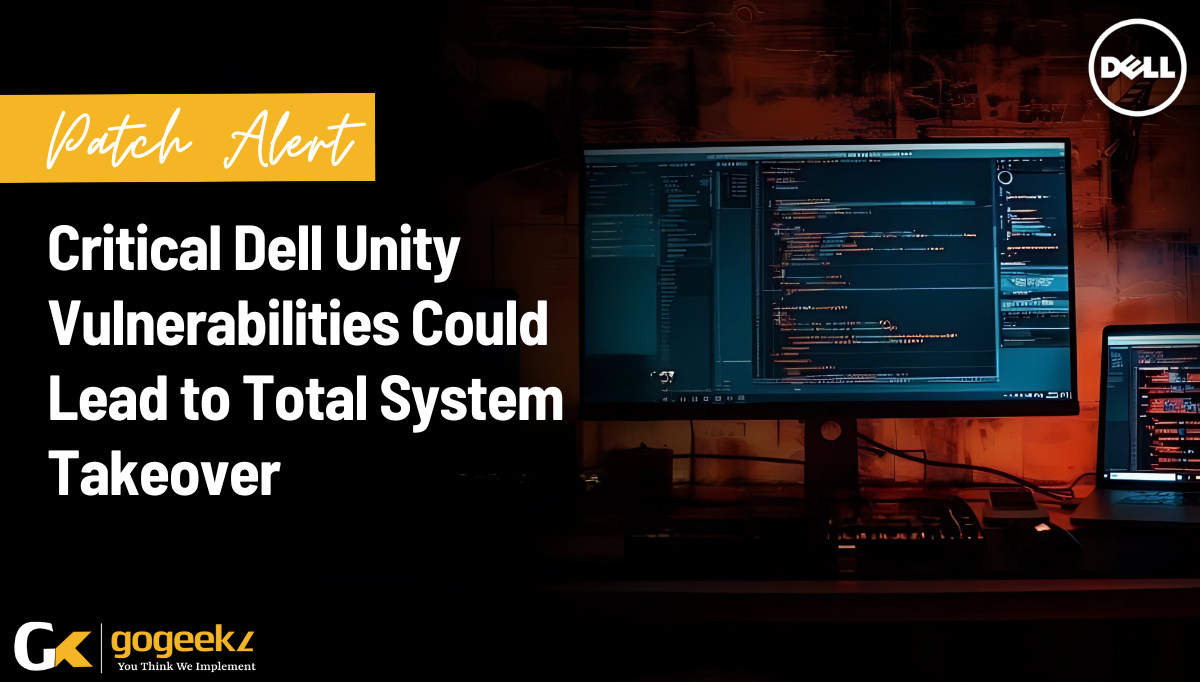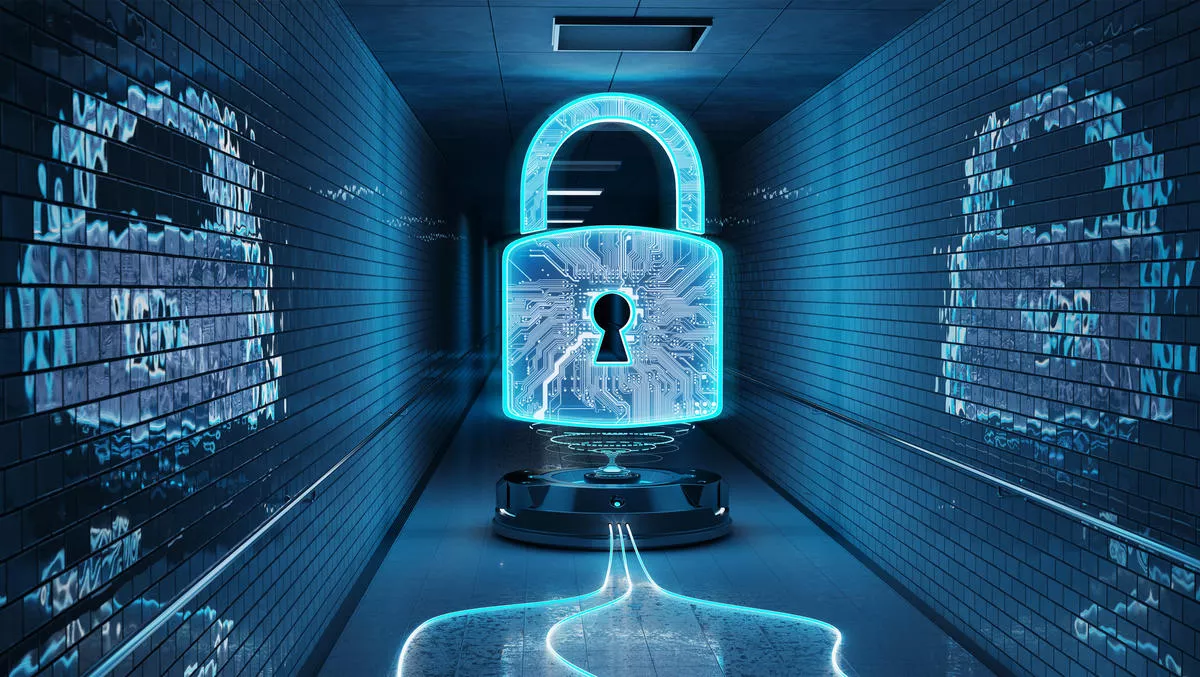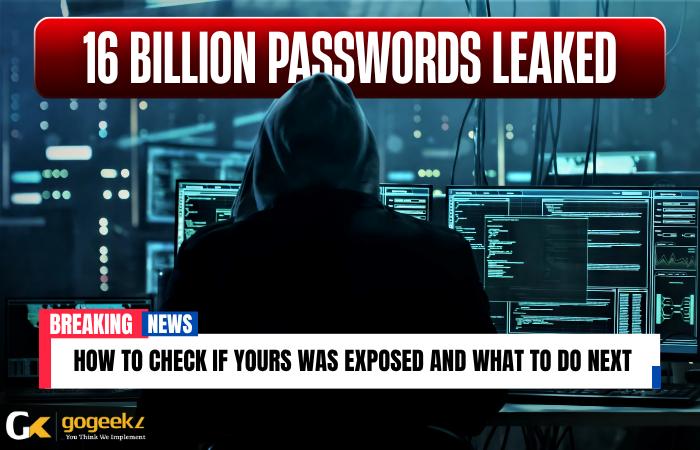Overview: Dell Unity Storage Systems Under Attack
Dell Technologies has released a critical security advisory, revealing 16 high-impact vulnerabilities in its Unity enterprise storage systems. These flaws, affecting Unity OE versions 5.4 and earlier, include unauthenticated remote code execution, file deletion, command injection, and local privilege escalation — with CVSS scores reaching up to 9.8.
This vulnerability cluster has widespread implications for organizations across healthcare, legal, finance, and government sectors that depend on Dell Unity, UnityVSA, and Unity XT for mission-critical data storage.
Fact: The most dangerous exploit (CVE-2025-22398) allows complete remote system takeover — no authentication required.

In-Depth Breakdown of the Most Critical Vulnerabilities
CVE-2025-22398: Remote Root Command Execution
- CVSS Score: 9.8 (Critical)
- Impact: Unauthenticated attackers can execute root-level commands via Unity’s API
- Risk: Full system takeover, ransomware installation, persistent backdoor access
- Exploit Method: Crafted network request to inject system commands
Why It Matters: This vulnerability gives cybercriminals complete control of your storage systems without even logging in. Once exploited, it can cripple operations, leak sensitive data, or permanently corrupt backups.
CVE-2025-24383: Remote File Deletion as Root
- CVSS Score: 9.1 (Critical)
- Impact: Allows unauthenticated deletion of arbitrary files
- Risk: Attackers could delete configuration files, databases, or security controls
- Real Threat: Bricking the storage system and making recovery extremely costly
CVE-2025-24381: Open Redirect Flaw
- CVSS Score: 8.8 (High)
- Impact: Redirects users to phishing or malware-laced websites
- Risk: Facilitates session hijacking, credential theft, or impersonation
Use Case: An attacker could trick IT admins into logging into a fake Unity console to steal credentials and escalate the breach.

Additional Exploits in the Wild
Local Privilege Escalation (Multiple CVEs)
- CVE-2024-49563 to CVE-2025-24386
- CVSS Score: 7.8
- Impact: Low-privileged users can gain root access
- Targets: Insider threats, lateral movement in post-exploit stages
Command Injection Vulnerabilities
- CVE-2024-49601, CVE-2025-24382
- CVSS Score: 7.3
- Impact: Remote attackers can execute commands without root, but still pose a threat
- Risk: Precursor to deeper access or persistent malware
Affected Systems
| Product | Vulnerable Version |
| Dell Unity | OE 5.4 and earlier |
| Dell Unity XT | OE 5.4 and earlier |
| Dell UnityVSA | OE 5.4 and earlier |
Recommended Actions: How to Stay Safe
1.Upgrade Immediately
Dell has released Unity OE 5.5.0.0.5.259, which addresses all known vulnerabilities.
- Available through Dell’s support portal
- Ensure backups are validated before upgrading
- Follow Dell’s release notes to minimize downtime
2. Conduct Immediate Risk Assessment
- Review current Unity OE versions and firmware
- Scan for suspicious activity or API misuse
- Audit logs for root access attempts or deleted config files
3. Strengthen Posture with Proactive Defenses
- Enforce least-privilege access on storage admin accounts
- Enable firewall rules to restrict Unity console/API access
- Isolate storage networks from user segments
- Implement MFA for all users accessing storage infrastructure
Expert Tips: Going Beyond the Patch
| Tip | Benefit |
| Conduct tabletop ransomware drills | Prepares staff for worst-case scenarios |
| Schedule quarterly vulnerability scans | Detects emerging issues early |
| Train staff on phishing/redirection risks | Reduces social engineering success |
| Monitor Dell’s advisory RSS feeds | Stay ahead of zero-day trends |
Case Study: How a Small Law Firm Narrowly Avoided a Breach
A law firm in Ontario running Dell Unity XT (OE 5.4) recently hired GoGeekz for a routine vulnerability audit. Within hours, our team identified CVE-2025-22398 exposure. The Unity console was accessible on the public IP range, and the API was unprotected.
Before attackers could strike, we:
- Patched to OE 5.5.0
- Restricted Unity API to internal VLAN only
- Implemented IP whitelisting + audit logging
- Set up alert triggers for root login events
Outcome: The client passed their compliance audit, retained a high-profile contract, and avoided a potential $100K breach.
What’s the Risk of Not Patching?
| Vulnerability | Threat | Risk Outcome |
| CVE-2025-22398 | Remote RCE | Full root access, ransomware |
| CVE-2025-24383 | File deletion | Data loss, system crash |
| CVE-2025-24381 | Open redirect | Phishing, credential theft |
| Local Privilege Escalation | Insider access | Lateral attacks |
Conclusion
The Dell Unity vulnerabilities aren’t just technical bugs — they’re open doors into your most sensitive infrastructure. If you don’t close them, someone else will open them for you — and you may not even know it until the damage is done.
Ready to secure your Unity system?
Book a Free Vulnerability Audit with GoGeekz Today
Let our experts patch, protect, and future-proof your storage environment.
FAQs
Industry Experiences
Innovative services for your business
We’re dedicated to making your businesses reliable, efficient, and safe.
We’re a one-stop solution for everything IT you need. Whatever you need, we got you covered:
No — Unity is widely used by SMBs, law firms, MSPs, and even nonprofits. The risk is real for any organization using affected versions.
Log into the Unity console and check your OE version. If it’s 5.4 or below, you must upgrade.
- Restrict external API access
- Disable unused services
- Use a host firewall to lock Unity down
Absolutely. We offer rapid patching, impact assessments, monitoring setup, and incident response.






